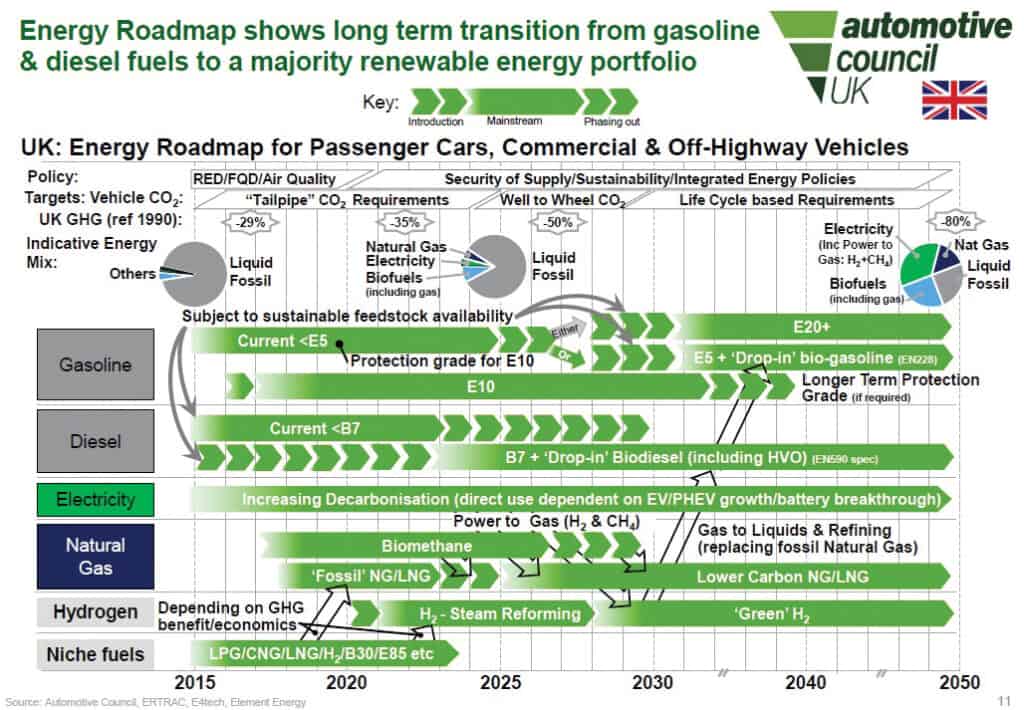Some have argued that decarbonizing is basically an engineering problem. But there are also folks who frame it around human sinfulness. And others, an opportunity to bash other politicians and actors in the energy industry, and thereby gain political power (albeit with the intent of doing Good Things). I’ve written that investigator-initiated research, as random as it is, is not the way to go- that we need something more organized. The fellow who wrote this piece is Professor Michael Kelly, Emeritus Prince Philip Professor of Technology at the University of Cambridge.
Every scientific discipline wants to get its hands into the climate change science pot, which inevitably leads to a multitude of potential solutions. Then as each one is introduced, we conduct research about where or if it will work. In our world, biomass, biochar, leaving forests alone, managing forests, concrete vs. wood as a building material, and so on. And each industry is trying to reduce its carbon impact. New technologies (batteries, CCS, and so on) are developed and are in a horse race with unknown outcomes to see which will work best and be economically feasible.
I didn’t realize that other industries had gotten together and coordinated their work. I wonder what keeps the US from doing something like it for decarbonizing, other than the political downside of picking winners instead of funding everyone.
The world of superfast computing and miraculous hand-held devices that most of us now take for granted did not appear by accident. It was the product of a very clear roadmap, agreed across the electronics industry from 1970 to 2015. An equally clear and widely agreed roadmap will be essential to achieving the target of a net-zero emission global economy in 2050.
Intel founder Gordon Moore’s empirical observation that the transistor count on chips was doubling every two years, while the chips stayed the same size, morphed into an industry-wide target that held for nearly 50 years. By the mid-1980s, a Technology Roadmap became a feature of the whole industry.
Technical people from all parts of the industry – chip manufacture, the fabrication facilities, the circuit design teams, the power constraint teams and so on – met, debated and produced a substantial report every 24 months that looked out ten years in detail and 20 years and more in overview. These reports described, in great detail for the short term and lesser detail for the longer term, what needed to be ready (researched, developed and available for use in production) by when and by whom. Thanks to this approach, Moore’s Law went from being a description of the industry to a self-fulfilling prophecy.
The formal ‘International Technology Roadmap for Silicon’ was the bible of the industry and a clear statement of where the industry as a whole, and every part of every supply chain would need to be, in five and more years’ time, and what needed to be invested by whom and when. It is fair to say that the progress across the electronics sector would have been much less smooth and relentless in the absence of the agreed Roadmap.
The target of a net-zero global economy by 2050 is every bit as complex, and on a much greater scale than the silicon chip industry. But as yet, there are no detailed technology roadmaps for this project. In contrast to the electronics sector, we have a positive tower of Babel – many people are doing their own little thing, but with no sense that what others are doing will be coordinated to make an overall successful whole. One cannot even get a national standard, let alone an international one, for the plug for recharging car batteries!
and
What we need now is a set of interlocking targets for each five-year interval from 2020-2050, along with indicative budgets and who-does-what for each interval. The key issue is knitting all the sub-projects into a united and coherent overall project. Piecemeal activities are certain to fail.
Calling it an engineering problem and funding coordinated groups to solve it would certainly take some of the drama out of it. And how many more studies do we need of what plant might not be living in the same location in 2080 based on a set of a thousand linked conjectures?

Did that last sentence wander in from some other thread?